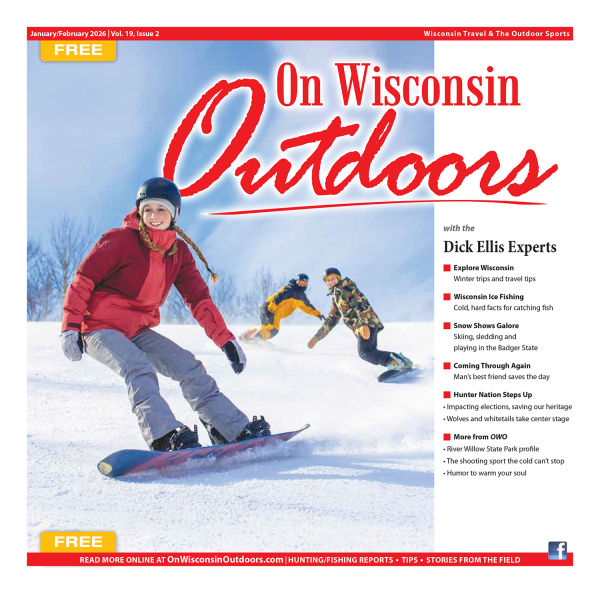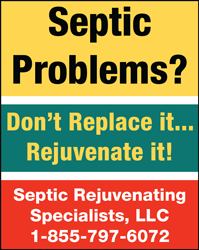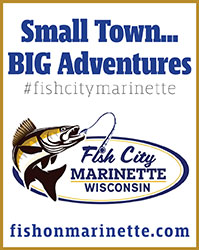Love birds? Add habitat for them this fall. Our top 10 list makes it easy
Plant native plants to help nature

Is your yard feeding nature? By planting native plants, you can support the entire food web by providing food for insects. Insects feed other insects, birds, bats, small mammals, fish and other wildlife.
Making sure insects have the food they need is particularly important now that scientists are documenting global declines in insect populations. If insects decline, so does everything else.
Native plants have evolved along with the insects that eat them; they are able to detoxify and digest native plants. Most insects lack the enzymes necessary to eat nonnative plants, like the ornamental trees and other plants so common in landscaping.
Even adding a few native plants to your backyard or balcony can help wildlife by feeding them and providing shelter. Get started with these basic resources or find more in-depth guides at the links below.

Planting basics
- Native plants for beginners [PDF]
- Plant for monarchs [PDF]
- Plant for pollinators [PDF]
- Plant for birds [exit DNR]
Buying native plants
- Wisconsin Native Plant Nurseries [PDF]
- Native plant sales [PDF]
- Plant Native.Org [exit DNR]
- Xerces’ Milkweed Seed Finder [exit DNR]
Garden Tour Videos
Take a garden tour with DNR Conservation Biologist, Amy Staffen as she showcases her own native plants and provides a few tips and tricks for maximizing your yard for Wisconsin wildlife.
- Watch the 2019 Garden Tour [exit DNR]
- Watch the 2018 Garden Tour [exit DNR]
- View our Northern Garden Gallery
by DNR Conservation biologist, Ryan Brady
Dig deeper
Interested in more detailed guides offering more plant selections? Try these other resources and partners.
- DNR’s Simple Steps to Help Pollinators
- The Field Museum’s Creating Monarch Habitat in Your Midwestern Garden
- Xerces' Pollinator Plants Great Lakes Guide [PDF]
- Xerces’ Pollinator Meadow Installation Guide and Checklist [exit DNR]
- Pollinator Partnership's Eco-Regional Planting Guides [exit DNR]
- DNR's Native Plant Recommendations for Landscaping [PDF]
- Wisconsin School Garden Initiative [exit DNR]
- Beyond the Birdfeeder: Creating a Bird-Friendly Yard with Native Wisconsin Plants [exit DNR]
- Contact information
- For information on the native plants, contact:
- Amy Staffen
Conservation Biologist
608-261-0747











